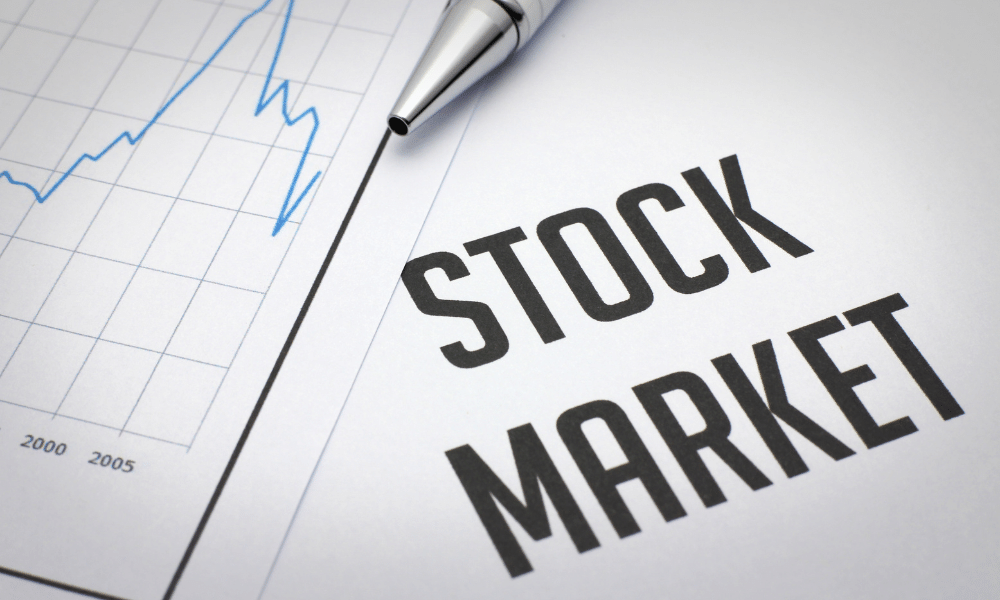U.S. stock market futures were modestly higher in early morning trading Wednesday. ...

U.S. stock market futures were modestly higher in early morning trading Wednesday.
After the S&P 500 closed in correction territory amid escalating tensions between Russia and Ukraine.
Futures contracts tied to the Dow Jones Industrial Average advanced 130 points. S&P 500 futures gained 0.48% while Nasdaq 100 futures rose 0.66%.
During regular trading, the Dow fell 483 points, or 1.42%, for its fourth straight negative session.
At one point the 30-stock benchmark had been down more than 700 points.
The S&P 500 shed 1.01%, and is now 10.25% below its Jan. 3 record close, putting the broad market index in correction territory.
The Nasdaq Composite declined 1.23% for its fourth straight negative session.
Amazon’s Sprawling Grocery Business Has Become An Expensive Hobby!
Crypto Is Like A ‘Venereal Disease’ And Should Be Banned!
Wyoming Lawmakers Introduce Legislation For State-Issued Stablecoin!
On Tuesday afternoon President Joe Biden announced the first tranche of sanctions against Russia.
The measures target Russian banks, the country’s sovereign debt, and three individuals.
“While uncertainties remain, our work shows that historically military/crisis events tend to inject volatility into markets and often cause a short-term dip.
But stocks tend to eventually rebound unless the event pushes the economy into recession,” Eylem Senyuz, senior global macro strategist at Trust wrote in a note to clients.
“Investor sentiment also suggests the bar for positive surprises is low,” the firm added.
All 11 S&P 500 sectors declined on Tuesday, which led to the downside of consumer discretionary stocks, which fell 3%.
Energy stocks moved lower despite a jump in oil prices. International benchmark Brent crude traded as high as $99.50 per barrel.
West Texas Intermediate crude futures, the U.S. oil benchmark, hit a session high of $96, a price last seen in August 2014.
“The contagion risk will completely feed into inflationary pressures as energy costs will skyrocket and that will derail large parts of the economic recovery coming out of Covid,” said Oanda’s Ed Moya.
“Geopolitical risks could lead to a slower growth cycle and that could remove the risk of a half-point Fed rate hike at the March 16th FOMC decision,” he added.
Wall Street is betting that there’s a 100% chance of a rate hike at the Federal Reserve’s March meeting, according to the CME Group’s FedWatch tool.
With inflation running hot, calls for a 50-basis point hike at the March meeting had been accelerating.
 Revealed In 2022 Revealed In 2022 What indicators do professional traders use? |
As tensions build between Russia and Ukraine, yields have retreated, with the yield on the benchmark U.S. 10-year Treasury falling below 2% as investors seek out safe-haven assets.
As of Friday, 78% of S&P 500 companies that have reported have topped earnings estimates, while 78% have exceeded revenue expectations, according to data from FactSet. CNBC!